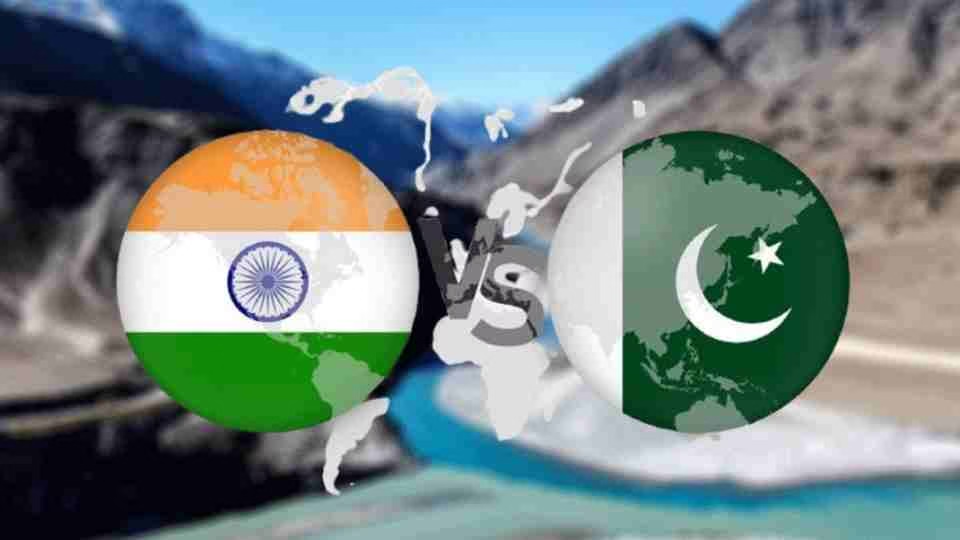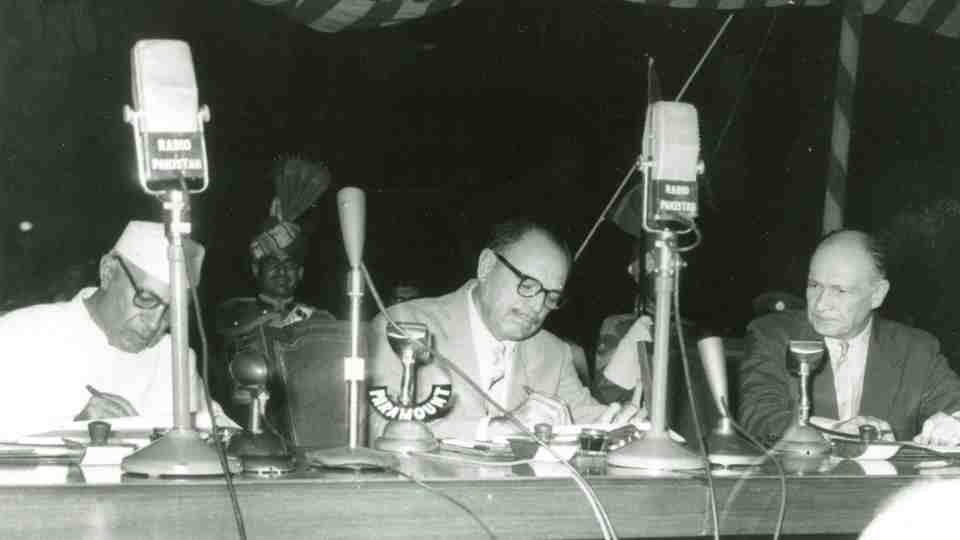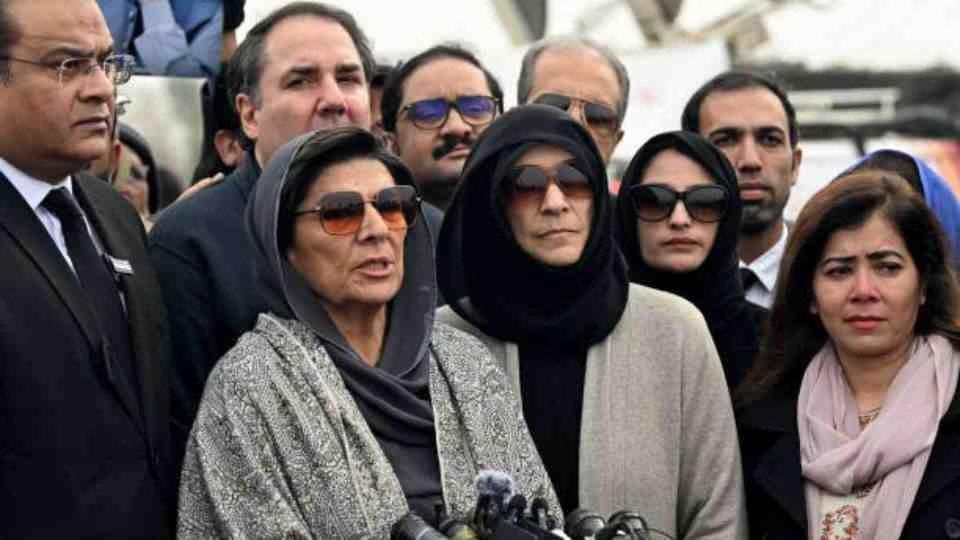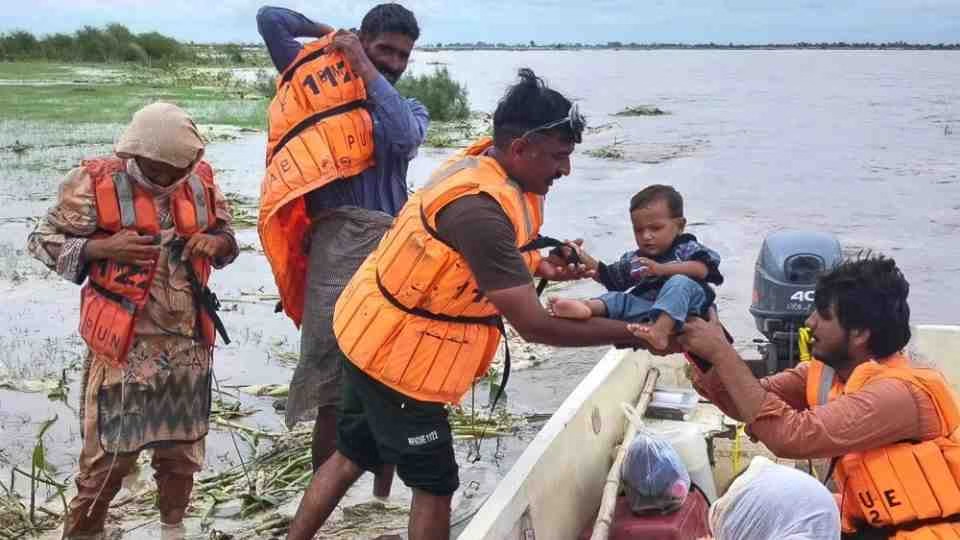Foreign Office expresses concern over India’s deviation from established water-sharing protocols
Pakistan confirmed on Monday that it received a flood warning from India dated August 24, but noted the alert came through diplomatic channels rather than the standard Indus Waters Commission framework.

The Foreign Office spokesperson emphasized that India remains obligated to honor all provisions of the Indus Waters Treaty, describing India’s unilateral decision to suspend the treaty as a serious breach of international law. The spokesperson cautioned that such actions could undermine peace and stability across South Asia.
The flood alert marked the first official communication between the neighboring countries since recent tensions escalated. India’s High Commission notified Pakistani authorities about potential flooding risks, according to the Ministry of Water Resources.
The warning specifically highlighted severe flooding threats along the Sutlej River due to anticipated water releases from Indian facilities. In response, Pakistani authorities issued advisories to 27 government ministries and departments, directing them to implement immediate precautionary measures for emergency preparedness.

Diplomatic sources revealed that India bypassed the established Indus Waters Treaty communication mechanism, instead opting for direct government-to-government contact. While the Foreign Office has yet to release an official statement, officials confirmed that warning data has been forwarded to the National Disaster Management Authority (NDMA) for appropriate preparations.
Sources indicated that the Foreign Office sent a formal acknowledgment to the Indian government. However, officials expressed concern about conducting such communications outside the Indus Waters Treaty framework, questioning the implications for established bilateral protocols governing water-related issues between the two nations.






